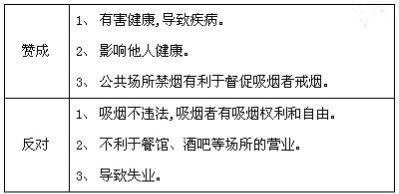题目内容
完形填空
阅读下面短文,掌握其大意,然后从1--20各题所给的四个选项(A、B、C和D)中,选出最佳选项,并在答题卡上将该项涂黑。
I often read of incidents of misunderstanding or conflict. I’m left ________ .Why do these people create mistrust and problems, especially with those from other ________ ?
I was growing up in Kuala Lumpur in the early 1960s, ________ children from different races and religions played and studied ________ in harmony. At that time my family lived a stone’s__ ________ from Ismail’s. And no one was bothered that Ismail was a Malay Muslim and I was an Indian Hindu-we just ________ our differences. Perhaps, our elders had not filled our heads with unnecessary advice, well ________ or otherwise.
We were nine when we became friends. During the school holidays, we’d ________ the countryside on our bicycles, hoping to ________ the unexpected. At times Ismail would accompany my family as we made a rare shopping trip to town. We would be glad of his ________.
When I was twelve, my family moved to Johor. Ismail’s family later returned to their village, and I ________ touch with him.
One spring afternoon in 1983, I stopped a taxi in Kuala Lumpur. I ________ my destination. The driver acknowledged my ________ but did not move off. Instead, he looked ________ at me. “Raddar?”he said, using my childhood nickname(绰号). I was astonished at being so ________ addressed(称呼). Unexpectedly! It was Ismail! Even after two ________ we still recognized each other. Grasping his shoulder, I felt a true affection, something ________to describe.
If we can allow our children to be ________ without prejudice, they’ll build friendships with people, regardless of race or religion, who will be ________ their side through thick and thin. On such friendships are societies build and ________ we can truly be, as William Shakespeare once wrote, “we happy few, we band of brothers”.
1.A. interested B. pleased C. puzzled D. excited
2.A. parties B. cities C. villages D. races
3.A. why B. which C. how D. when
4.A. together B. around C. alone D. apart
5.A. drop B. throw C. move D. roll
6.A. refused B. made C. sought D. accepted
7.A. paid B. meant C. preserved D. treated
8.A. explore B. search C. discover D. desert
9.A. get through B. deal with C. come across D. take away
10.A. arrival B. choice C. effort D. company
11.A. lost B. gained C. developed D. missed
12.A. stated B. ordered C. decided D. chose
13.A. attempts B. instructions C. opinions D. arrangements
14.A. anxiously B. carelessly C. disappointedly D. fixedly
15.A. familiarly B. strangely C. fully D. coldly
16.A. departures B. months C. years D. decades
17.A. possible B. funny C. hard D. clear
18.A. them B. themselves C. us D. ourselves
19.A. from B. by C. with D. against
20.A. still B. otherwise C. then D. instead


